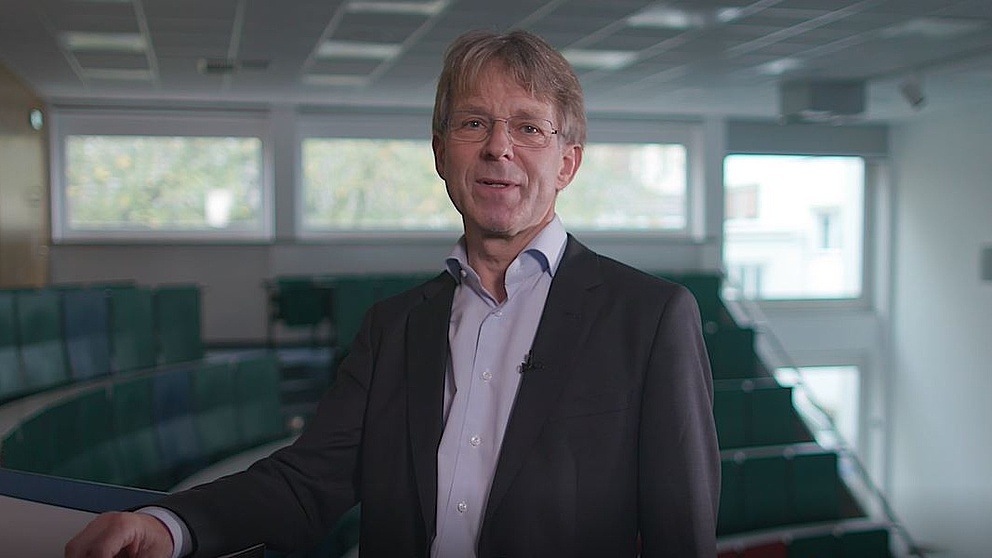

Contact
Press, Communications and Marketing
Tel.: +49 228 833-144
Fax: +49 228 833-441
presse[at]avh.de
Boasting the third-largest contingent of Humboldtians worldwide, Japan is not only an important country within the Alexander von Humboldt’s network. It is also one of the most innovative and strongest research nations. At the same time, Japan experiences challenges that face many societies, especially Germany: from demographic change via green energy for ultra-modern, high-performance industry through to career opportunities for our junior researchers and a larger number of women in top-flight research.
These were the questions addressed by 150 researchers from the Japanese Humboldt Network, Japanese junior researchers as well as some of the Foundation’s partners and friends in German academia and politics at an online Humboldt Colloquium from 17 to 19 November, entitled “Top Global Research and the Humboldt Network: New Frontiers of German-Japanese Scientific Cooperation.”
German-Japanese research relations play a central role in our diverse social relations.
After two years of lockdown, personal exchange between German and Japanese researchers is gradually gaining momentum again. But particularly amongst younger researchers, a research stay in the other’s country is no longer a given. Language and culture were comparatively big barriers, participants reported. There is major competition from Anglophone countries, and it is not just since the pandemic that Japanese junior researchers have been rather reticent about mobility – a point Hans-Christian Pape addressed directly with the junior researchers present.
“I know that many young researchers from Japan in particular consider very carefully whether they should make a career move abroad. Many, too many, in my opinion, decide not to. After all, not only are the research conditions excellent at home; they also work in a highly competitive system and ask themselves whether a stay abroad will be rewarded.” “From my own experience,” Pape emphasised, “I can only tell you to have the courage to take this step! Come to us in Germany and cooperate here with excellent colleagues. Gain new experience and perspectives. It’s worth it!”
In addition to questions of mobility and concrete academic topics, the political dimension of exchange between the two countries was also discussed. In this context, Teruo Fujii, President of the University of Tokyo, underscored common values. The Foundation and its network in Japan shared the same visions of a future in which dialogue and diversity played a core role, Fujii emphasised. Vito Cecere, the Federal Foreign Office’s Director for Academic Relations, Education and Research Policy, argued for the importance of foreign academic diplomacy. “Academic exchange operates in a political context. Particularly in times like the present, we should not forget the long-term effects of science, education, culture and exchange,” said Cecere. The Humboldt Foundation’s network in Japan and Germany stands for these things, too.
The colloquium was supported by the University of Tokyo, the German Embassy in Tokyo, DAAD, DFG and the German Society of JSPS Fellows as well as the Humboldt Society Japan.
